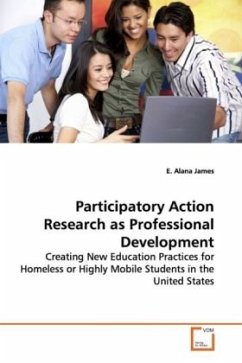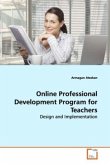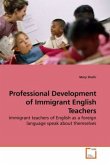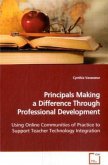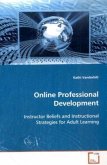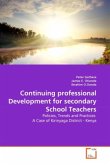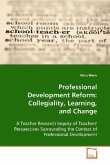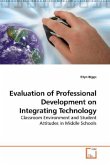Eight teams of principals and teachers gave up their
Saturdays to help improve education for students
experiencing homelessness or high levels of student
mobility due to poverty. Their education contexts
covered elementary, middle and high schools in rural,
small town and city environments. This study covers
both their use of participatory action research (PAR)
as professional development and their learning
outcomes pertaining to this highly vulnerable
population of students. Findings include the
efficacy of PAR through which diverse participants
co-create mutually rewarding results. New education
practices for students developed in three main areas:
1) access to education services, 2) welcoming school
culture, and 3) flexible instructional strategies.
This study concludes that networks of local teams aid
each other s study of the tough issues in education
because the PAR approach creates a holding
environment that mediates the stress caused by
addressing complexity. This study will be useful to
anyone interested in PAR as professional development,
homeless education or addressing complexity in schools.
Saturdays to help improve education for students
experiencing homelessness or high levels of student
mobility due to poverty. Their education contexts
covered elementary, middle and high schools in rural,
small town and city environments. This study covers
both their use of participatory action research (PAR)
as professional development and their learning
outcomes pertaining to this highly vulnerable
population of students. Findings include the
efficacy of PAR through which diverse participants
co-create mutually rewarding results. New education
practices for students developed in three main areas:
1) access to education services, 2) welcoming school
culture, and 3) flexible instructional strategies.
This study concludes that networks of local teams aid
each other s study of the tough issues in education
because the PAR approach creates a holding
environment that mediates the stress caused by
addressing complexity. This study will be useful to
anyone interested in PAR as professional development,
homeless education or addressing complexity in schools.

